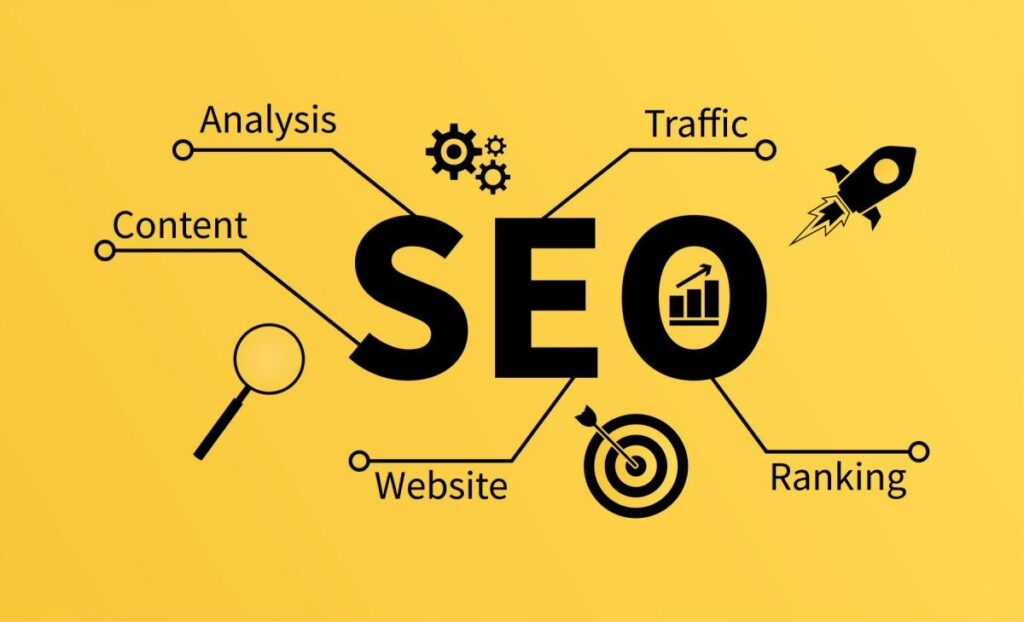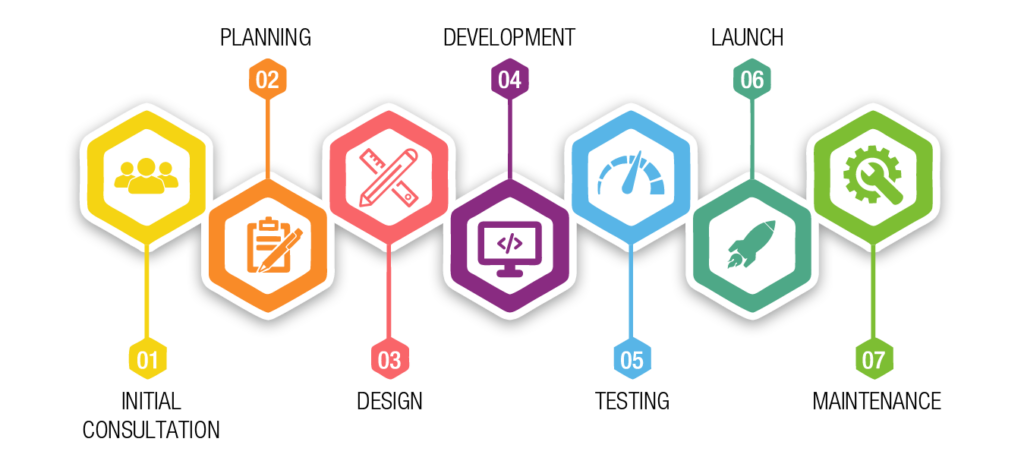
Web-Development
Website development is a term that encompasses a wide range of services and skills involved in the creation and maintenance of websites. It’s not just about writing lines of code; it’s about understanding the client’s needs, designing a user-friendly interface, and ensuring the site is accessible and performs well. Web developers use various programming languages like HTML, CSS, JavaScript, and PHP, among others, to build the structure, design, and functionality of a website. They work closely with web designers, content producers, and other specialists to create a cohesive and functional product. The goal is always to create websites that are not only visually appealing but also efficient, responsive, and easy to navigate.
Types of Website Development Services

Custom Website Design
Custom website design involves creating a unique web presence tailored specifically to a client’s branding and functionality. Custom designs are built from the ground up, offering complete flexibility and uniqueness.
This process involves thorough research and planning to ensure that the website reflects the client’s brand identity, engages the target audience, and stands out from competitors. Custom design is a collaborative process between the designer and the client, often involving several revisions and adjustments to get everything just right.

E-commerce Development
E-commerce development is focused on creating websites that facilitate online transactions. These sites need to be secure, user-friendly, and efficient to ensure a smooth shopping experience.
They also need to consider the user journey, making sure that customers can easily find what they’re looking for, understand what they’re buying, and complete their purchase with minimal hassle. With the growing prevalence of online shopping, e-commerce development has become a highly specialized field, requiring knowledge of consumer behavior, digital marketing, and cyber security.

Content Management System
A Content Management System (CMS) allows website owners and contributors to manage and publish content without needing to understand web programming.
Popular CMS platforms like WordPress, Joomla, and Drupal offer user-friendly interfaces and customizable templates, making it possible for people with little to no technical background to create and manage a professional-looking website. CMS integration is a significant part of web development services, as it empowers clients to take control of their content, leading to better engagement and fresher website content.

